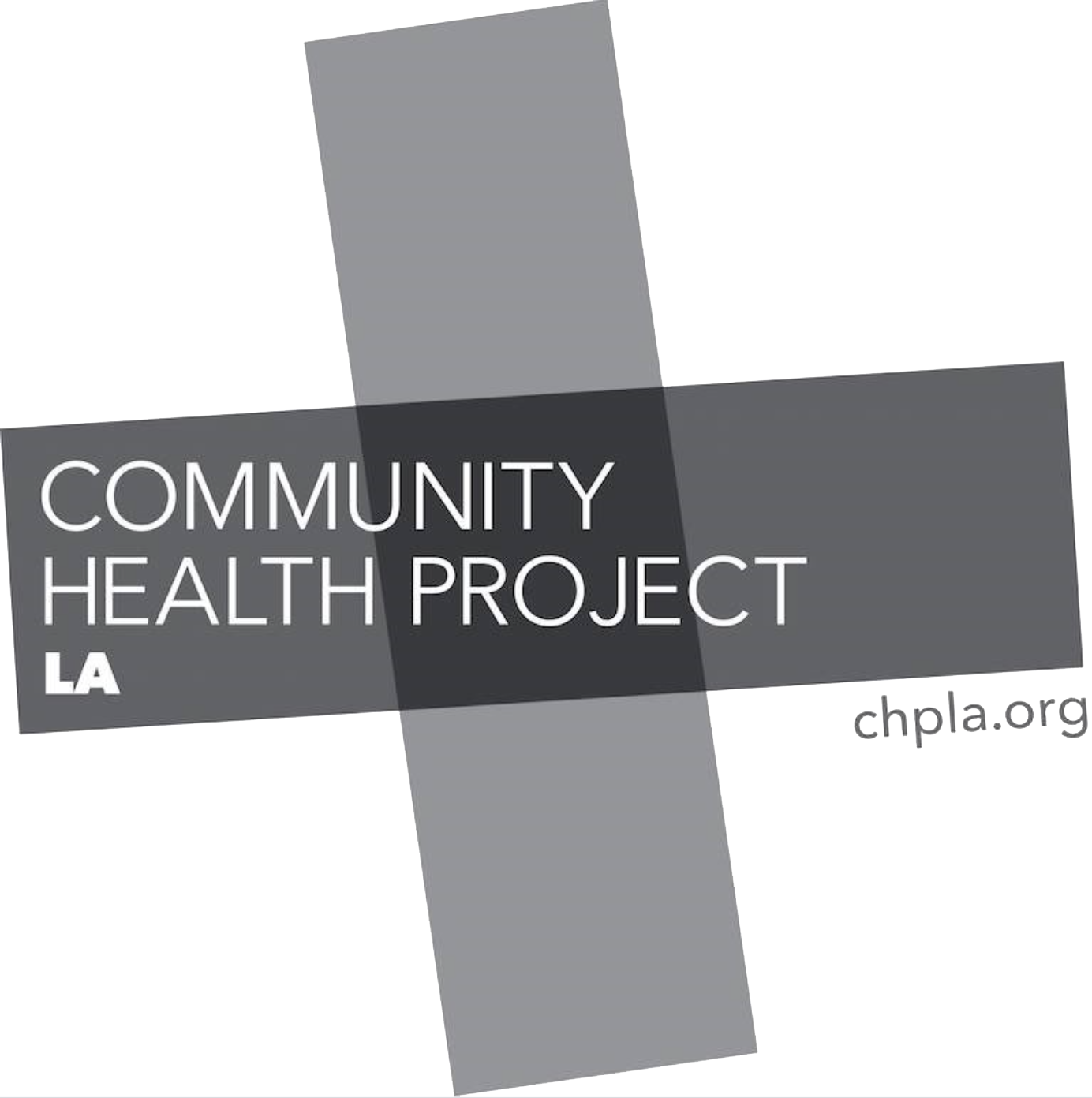Policies that protect YOU!
SYRINGE POSSESSION & DISTRIBUTION
Syringes are defined as paraphernalia if designed or marketed for injecting controlled substances into the body. Cal. Health & Saf. Code 11014.5 . Possession of paraphernalia is generally illegal. However, the possession of a syringe solely for personal use, if the syringe was given by a doctor, pharmacist, syringe exchange program, or any other source authorized by law, is not illegal. Beginning January 1, 2021, possession of a syringe is not a crime regardless of the source.
Delivery of paraphernalia is illegal, except as provided by law. Cal. Health & Safety Code § 11364.7.
Syringe exchange is explicitly allowed by Cal. Health & Saf. § 121349(b).
Physicians and pharmacists are also allowed to give out syringes to people 18 and over without a prescription. Cal. Bus. & Prof. Code § 4145.5(b).
NALOXONE ACCESS LAW
Cal. Civ. Code § 1714.22; Cal. Bus. & Prof. Code § 4052.01; 16 CCR § 1746.3
Prescribers may prescribe and give out naloxone, either directly or by standing order, to a person at risk of overdose or a family member, friend, or other person in a position to help.
If a person receives naloxone via standing order, they must complete training from an opioid overdose prevention and treatment training program.
Pharmacists may give naloxone to persons with a history of use of opioids or persons in contact with someone with a history of use of opioids without that person first getting a prescription for it as long as they follow a statewide protocol. The protocol requires the pharmacist to be trained. Before giving out naloxone, a pharmacist must provide a consultation outlined in the law.
A health care provider acting with reasonable care has civil and criminal immunity for issuing a prescription for naloxone and cannot be professionally sanctioned.
A person who gives out naloxone under a prescription or standing order is not subject to civil action, criminal prosecution, or professional review.
A person who administers naloxone and has received proper training who acts with reasonable care, in good faith, and without payment is not subject to civil action, criminal prosecution, or professional review.
NALOXONE STANDING ORDER
There is no statewide standing order, only the statewide protocol described above.
Under the protocol, a pharmacist may supply naloxone as an intramuscular injection, intranasal spray (like Narcan or other sprays), auto-injector (like Evizo) or in another FDA-approved product form.
Organizations may receive a standing order from the state to give out naloxone. They can apply at https://www.cdph.ca.gov/Programs/CCDPHP/DCDIC/SACB/Pages/Naloxone-Standing-Order.aspx .
GOOD SAMARITAN LAW
A person who acts in good faith and calls for help for a drug overdose, whether for themselves or others, may not be arrested, charged, or prosecuted for possession of a controlled substance, if evidence for the offense was found as a result of calling for help.
A person who acts in good faith and calls for help for a drug overdose, whether for themselves or others, may not be penalized for a violation of restraining or protective order, pretrial release, probation, or parole, if evidence for the violation was found as a result of calling for help. These protections apply for violations based on possession of a controlled substance only.

